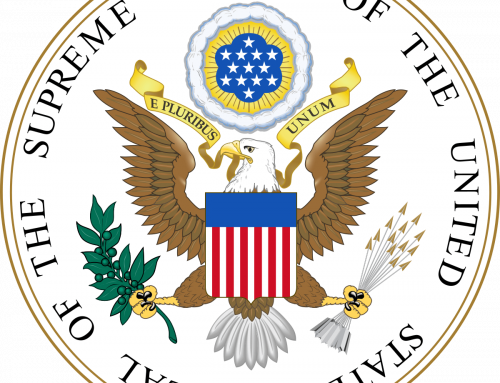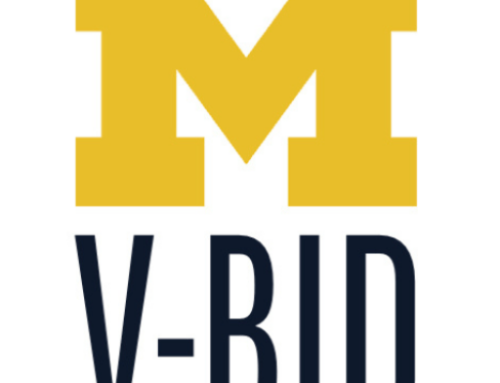CENTER UPDATE | MAY 2025
In this Issue:
- CMS Innovation Center Strategy to Make America Healthy Again Includes V-BID
- Cancer Costs Deplete Life Savings for Many Patients
- Out-of-Pocket Drug Spending Hit $98B in 2024
- Uncovering the Hidden Costs of Caregiving in Healthcare
- Financial Anxiety Reaches Record Levels Amid Healthcare Access Challenges
- Blueprint for Enhancing Medication Adherence Through Stakeholder Collaboration
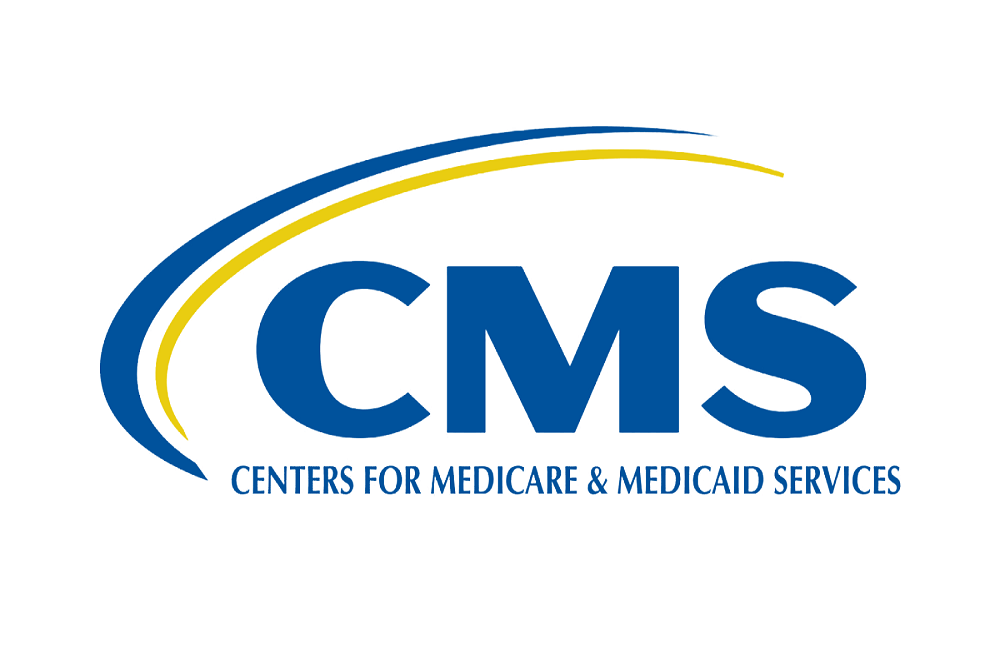
CMS Innovation Center Strategy to Make America Healthy Again Includes V-BID
The CMS Innovation Center has introduced a new strategy to transform healthcare delivery by prioritizing prevention, patient choice, and improved outcomes. With a $10 billion budget over ten years, the plan supports testing innovative payment and care models that promote value, while controlling costs. Key components include requiring providers to take on financial risk and implementing measures like reduced cost-sharing for high-value or preventive services.

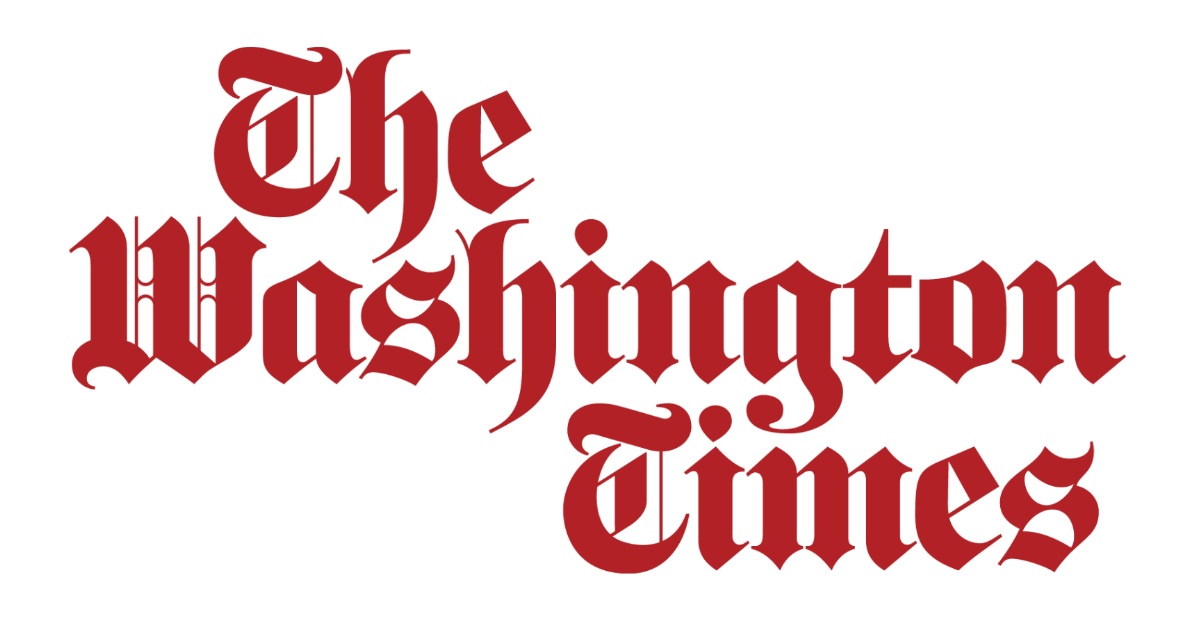
Cancer Costs Deplete Life Savings for Many Patients
A recent study reveals that 42% of cancer patients exhaust their life savings within two years of diagnosis, primarily due to high out-of-pocket expenses for treatments and medications. These financial burdens often lead to significant lifestyle changes, including the need to relocate, reduce work hours, or forgo essential needs.
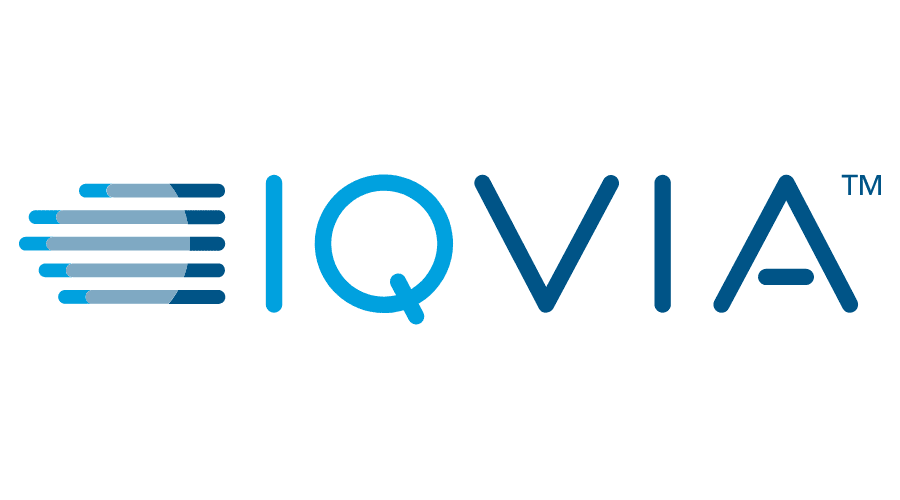
Out-of-Pocket Drug Spending Hit $98B in 2024
Americans spent a record $98 billion out-of-pocket on prescription medications in 2024, marking a 25% increase over five years, according to IQVIA. Despite flat average drug prices, higher usage of clinically significant medications contributed to the rise. Looking ahead, total net spending on medications in the U.S. is projected to exceed $600 billion by 2029, driven by drugs for obesity and oncology.

Uncovering the Hidden Costs of Caregiving in Healthcare
A new report from the Center for Innovation and Value Research highlights the often-overlooked financial and emotional burdens faced by unpaid caregivers. It underscores the significant costs of caregiving, including out-of-pocket expenses, lost income, and the emotional toll leading to stress and burnout. The report emphasizes the need for improved measurement of caregiving impacts to inform better policies and support systems.
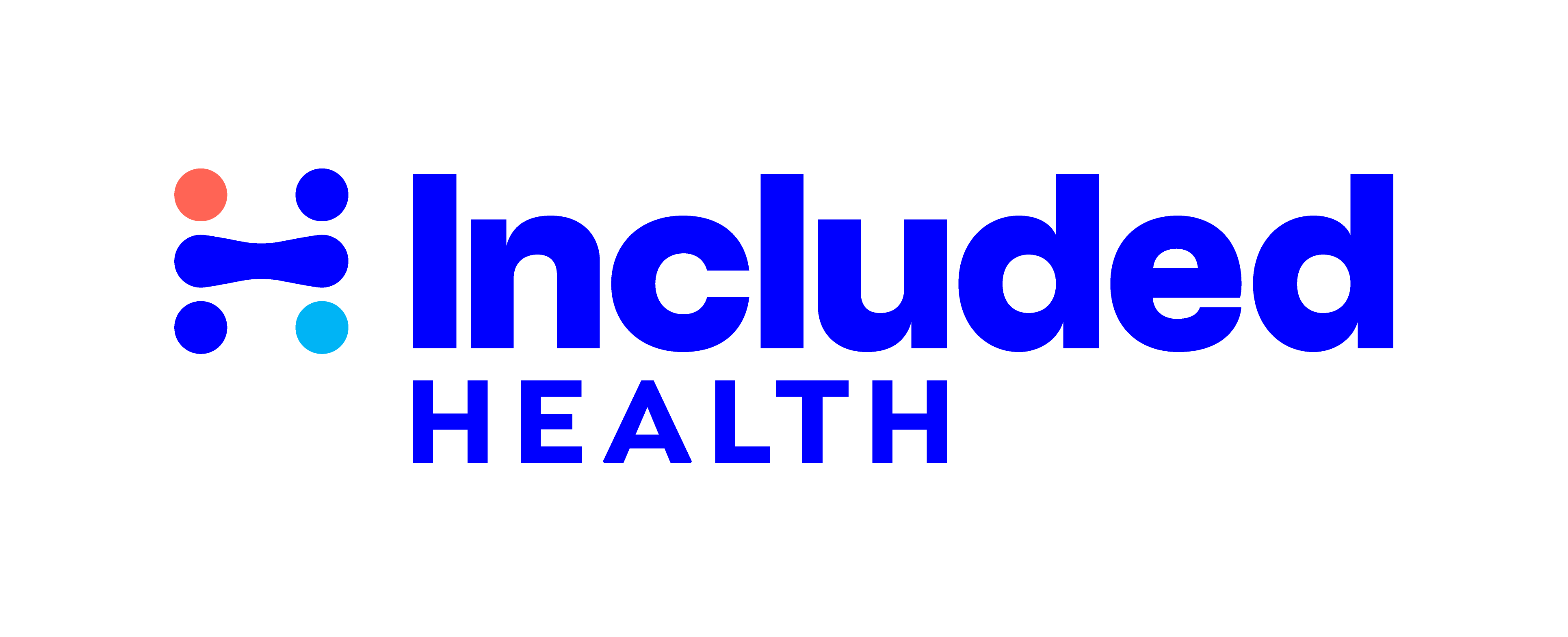
Financial Anxiety Reaches Record Levels Amid Healthcare Access Challenges
A recent survey reveals that over two-thirds of Americans report heightened financial anxiety, with younger adults—particularly Gen Z, Millennials, and Gen X—most affected. This financial stress is significantly impacting mental health, with 33% of respondents indicating that healthcare affordability has worsened their mental well-being, and 29% citing cost as the primary barrier to seeking professional care. Despite the evident need, only 14% are currently receiving therapy or counseling services.

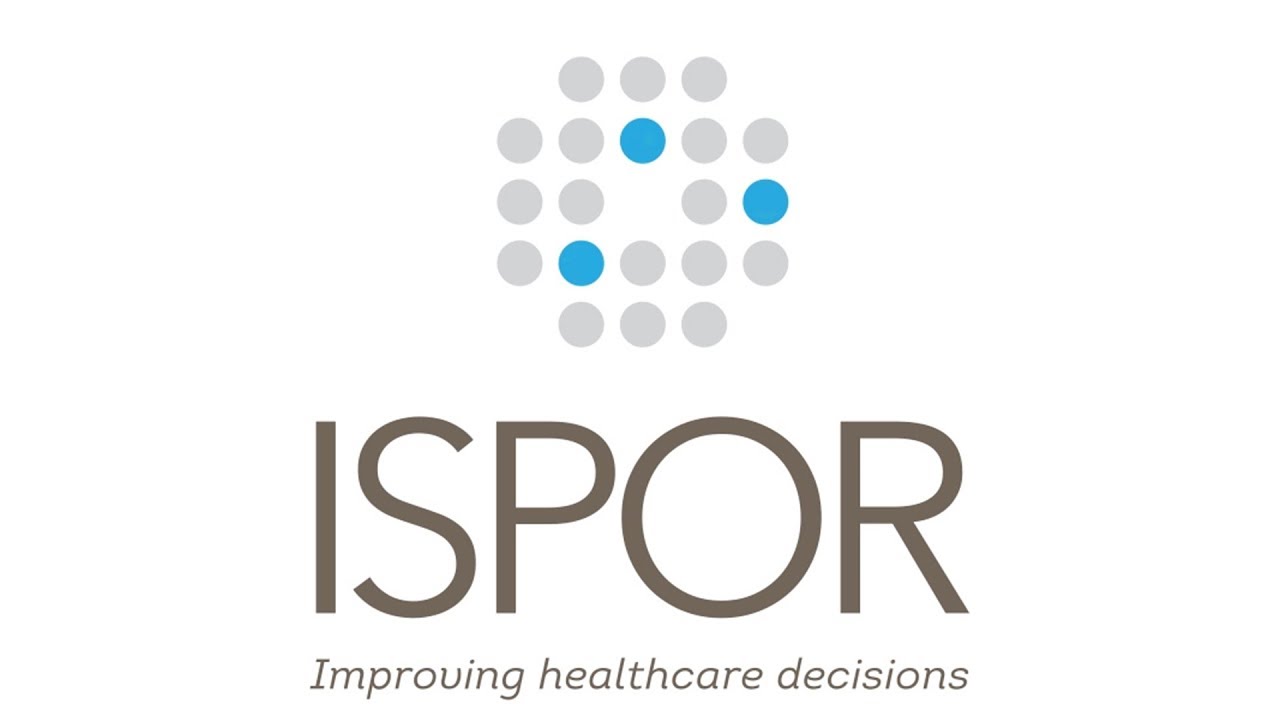
Blueprint for Enhancing Medication Adherence Through Stakeholder Collaboration
A recent ISPOR report emphasizes the need for a unified approach to improve medication adherence, highlighting the importance of collaboration among patients, providers, payers, and policymakers. The report identifies key barriers such as inconsistent measurement standards and a lack of patient-centered outcomes in current adherence interventions. It advocates for the development of consensus-based value criteria to standardize evaluation methods and enhance the effectiveness of adherence-enhancing interventions.
Missed an Issue of Our Newsletter?
You can always find previous editions of our weekly newsletters on our website here.



